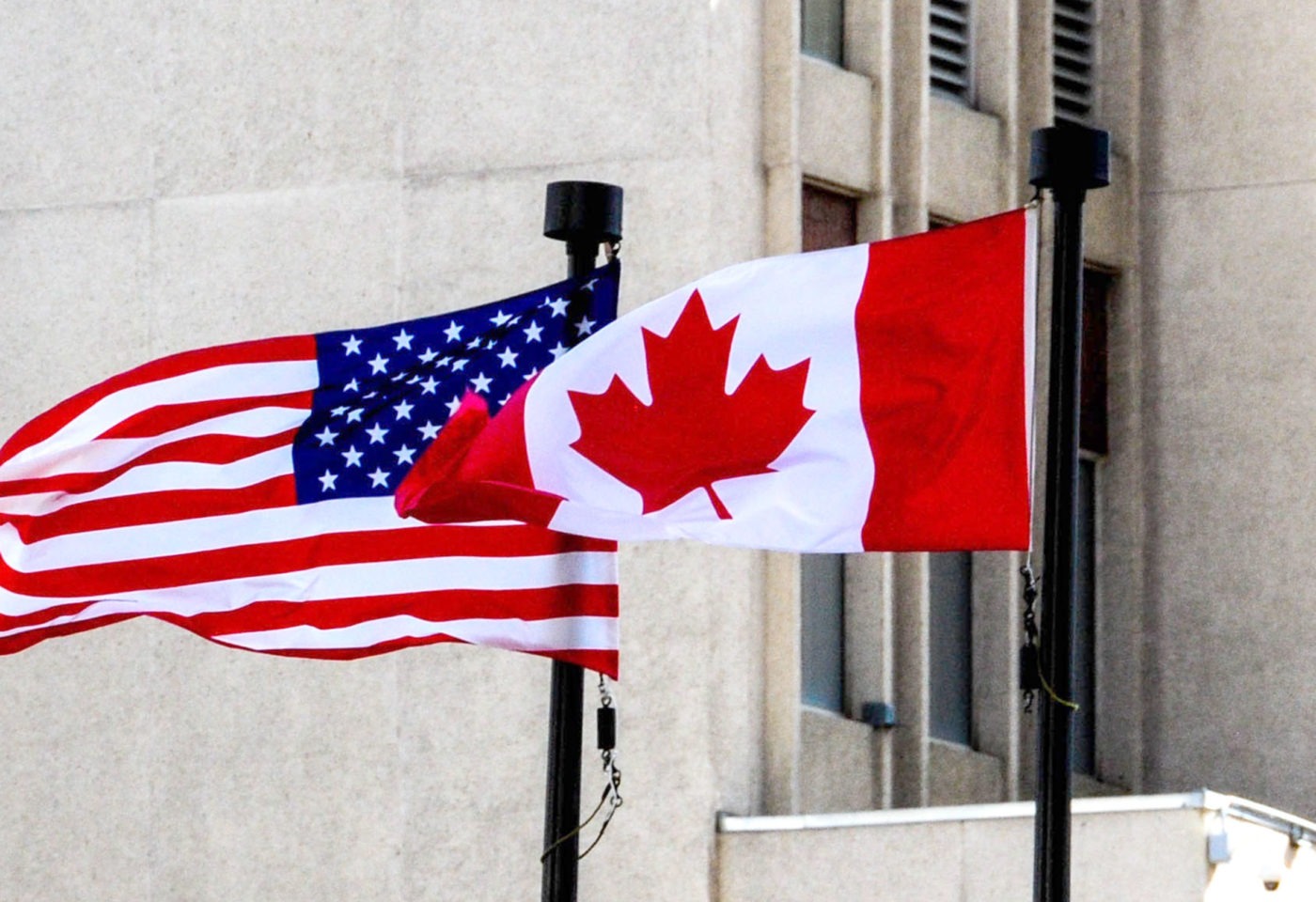By Carlo Dade
Published in the Globe and Mail
Carlo Dade is director of trade and trade infrastructure at the Canada West Foundation. He is also a member of the Mexican Council on Foreign Relations.
Countries may be friendly in engaging each other, but they are not friends.
They are allies and competitors. And in competing globally with the United States for economic opportunity, Canada has often been roadkill.
This need be front of mind as Canada again prepares a concerted effort to engage the U.S. after its November election and in advance of the United States-Mexico-Canada Agreement (USMCA) review in two years.
This roadkill reality has been a constant theme in Canada-U.S. relations from at least the 1950s, when the U.S. punished Canada for breaking its grain embargo of China during that country’s greatest famine, to the recent U.S. use of the NAFTA renegotiation (which produced the USMCA) to gain advantage over Canada in agriculture sales to China.
In these and other cases, including U.S. enforcement of its embargo of Cuba, what starts as a measure to promote legitimate U.S. security concerns – advertently or inadvertently, and often with great hypocrisy – morphs into measures that benefit U.S. businesses and harm their competitors.
This reality is set to worsen as the U.S. increases the scope, intensity and extraterritoriality of security measures it employs in its conflict with China. For example, it is already foreshadowed in U.S. hints that Canada’s slow compliance with seizing (what the U.S. claims are) forced-labour goods from China – as mandated under the USMCA – will be on the table in the coming review.
In this hyper-security environment, the warm, fuzzy romanticism of a friendship needs to be replaced by sober, clear-headed thinking as part of an overall retooling of how Canada engages the U.S. It is also helpful to draw lessons from how Canada has historically managed the tension between trade and security interests with the U.S.
Between the mid-1950s and the early 60s, a low point in modern Canada-U.S. relations, Canada was losing global wheat sales through the U.S. use of political coercion abroad and subsidies disguised as foreign aid. This caused farm incomes on the Prairies to fall drastically, precipitating a crisis. Ottawa’s entreaties to Washington were ignored. Around this time, Canada gained entry into the Chinese wheat market, where the Americans were absent owing to an embargo on China, ostensibly for security reasons. Canadian grain sales grew; Washington was furious.
Rather than discuss a more equitable sharing of global grain markets, the Kennedy administration had U.S.-based oil companies refuse to fuel grain ships at the Port of Vancouver and threatened Canada’s auto industry. At one point, the Americans suggested that they grant licences for Canada to violate the embargo, essentially to approve which Canadian products Canada could ship from Canadian ports and to whom.
Most recently, during renegotiation of the North American free-trade agreement, the Americans, at the last minute, inserted a clause to deter negotiating a trade agreement with China, again ostensibly for security reasons. This clause, which allowed a country to leave the agreement if another negotiated a deal with China, had no new legal or material effect. The right to leave for any reason existed in previous treaty versions. It did, however, have a psychological impact, essentially scaring the Canadian public, private sector, media and politicians. But while Canada panicked, the Americans negotiated and then signed their own partial trade agreement with China, which gave specific, unique advantage to American agricultural exporters at the expense of Canadian counterpart.
We’ve been to this rodeo too often not to know that the Americans use legitimate security concerns – such as the Cold War, containing Cuba and, more recently, countering China’s rise – to also realize commercial advantage.
We have been and will continue to be good allies with the Americans on security issues. We need to learn to be better competitors, which we can do without hostility, aggression or a “beaver warrior” (a Canadian version of China’s “wolf warrior”) approach to economic diplomacy.
We did so in the past. Whether Canada can rediscover that clarity in an era of greater economic, psychological and security dependence on the U.S. is an open question to be answered at the review of the USMCA two years hence.
